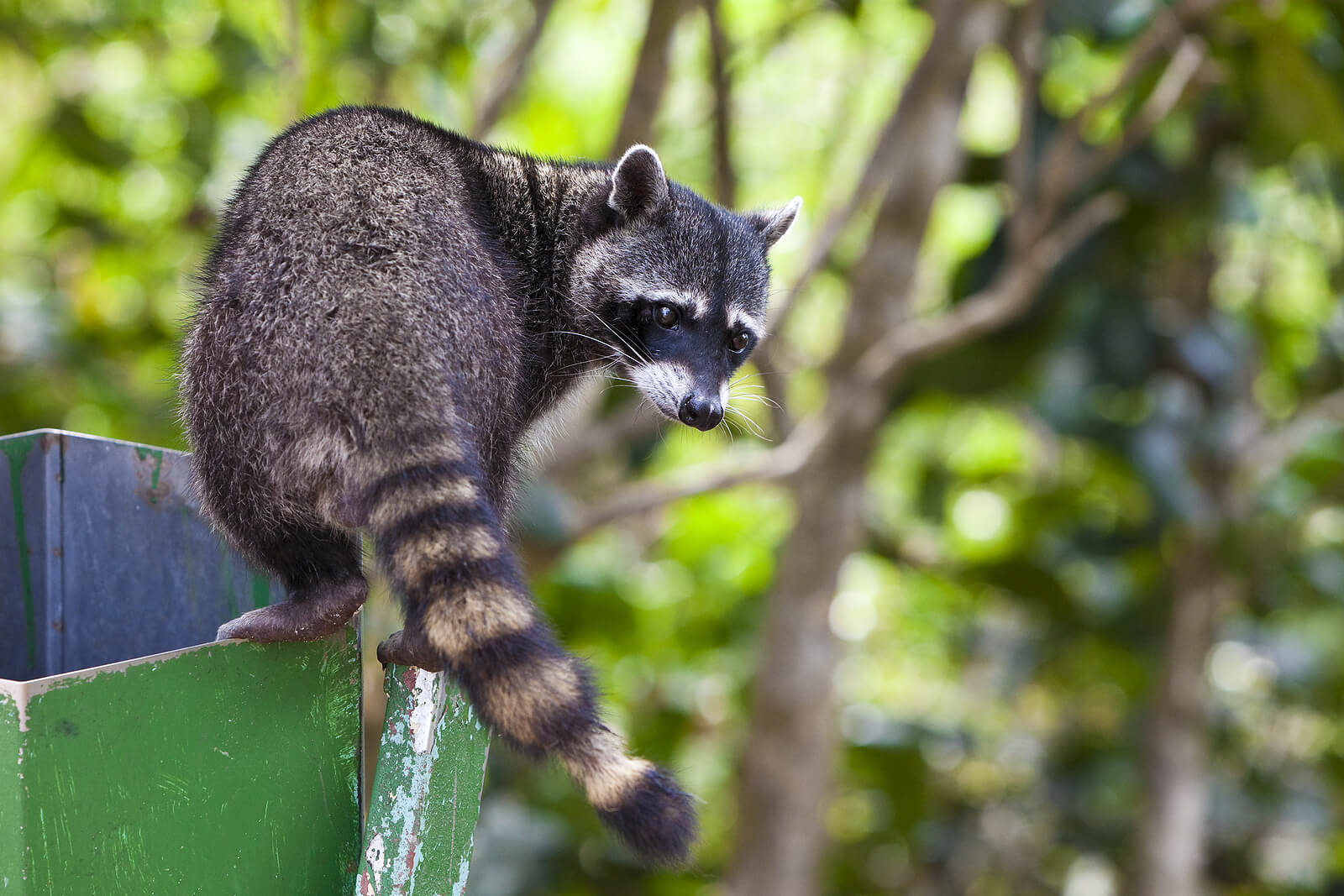Raccoons, with their masked faces and agile behavior, have long intrigued and captivated human observers. Yet, they are a species that sparks a dichotomy of emotions – they can be both harmful to humans and beneficial to the environment when managed correctly. In this article, we will explore the multifaceted nature of raccoons, examining their potential for harm to humans while shedding light on their positive contributions to the ecosystem when handled with care.
Harmful Aspects of Raccoon Behavior: A Closer Look
1. Disease Transmission: Raccoons are known carriers of several diseases that can be transmitted to humans, including rabies, roundworm, and leptospirosis. Rabies, a viral disease that affects the central nervous system, poses a significant risk to humans and pets. Avoiding direct contact with raccoons and seeking immediate medical attention if bitten is crucial to prevent disease transmission.
2. Property Damage: Raccoons are resourceful creatures with dexterous paws that enable them to open containers, rummage through trash, and even enter homes. This behavior can lead to widespread property damage, as they tear through insulation, wiring, and structural elements in search of food and shelter.
3. Crop Devastation: In rural areas, raccoons can wreak havoc on agricultural crops such as corn, grapes, and melons. Their feeding habits can significantly impact farmers’ livelihoods and contribute to economic losses.
4. Conflicts with Pets: Raccoons are territorial and can become aggressive when they feel threatened. Interactions between raccoons and domestic pets, such as dogs and cats, can result in injuries to both animals. Additionally, raccoons may carry diseases that can be transmitted to pets.
Environmental Benefits of Raccoons
While raccoons may pose challenges for humans, their presence in the ecosystem offers several benefits that help maintain balance and biodiversity:
1. Natural Pest Control: Raccoons are opportunistic omnivores, consuming a wide range of foods including insects, rodents, and small vertebrates. This diet makes them effective natural pest controllers, helping to regulate populations of insects and rodents that could otherwise become agricultural pests or disease vectors.
2. Seed Dispersal: Raccoons play a role in seed dispersal, particularly for plants that bear fruit. As raccoons consume fruits and berries, they inadvertently distribute seeds through their feces. This dispersal mechanism supports plant growth and contributes to the diversity of plant species within ecosystems.
3. Carrion Consumption: Raccoons are scavengers and play a valuable role in consuming carrion (dead animals). By doing so, they help prevent the spread of diseases that could arise from decaying carcasses, ultimately promoting a healthier environment.
4. Forest Health: Raccoons are part of the complex food web within forests, acting as both predator and prey. Their presence influences the behavior of other species, contributing to the overall health and balance of forest ecosystems.
Responsible Raccoon Management
Managing raccoons requires a nuanced approach that acknowledges both their harmful potential and their environmental contributions:
1. Preventive Measures: To minimize conflicts with raccoons, secure trash cans with tight-fitting lids, eliminate potential food sources, and seal entry points to buildings. This proactive approach reduces the likelihood of raccoons seeking shelter or sustenance in human-populated areas.
2. Safe Interaction: If you encounter raccoons in the wild or near your property, maintain a safe distance and do not attempt to handle them. Raccoons are wild animals and can become aggressive if they feel threatened. If raccoons are exhibiting unusual behavior or appear sick, contact local wildlife authorities for guidance.
3. Professional Assistance: If raccoon activity poses a threat to human health or safety, seek help from professional wildlife removal services. These experts are trained to handle raccoon removal in a safe and humane manner.
4. Educational Outreach: Educating communities about responsible coexistence with raccoons is vital. Encouraging proper waste disposal and highlighting the benefits of raccoons’ natural behaviors can foster understanding and cooperation.
Striking a Balance for a Thriving Environment
Raccoons are emblematic of the complexities within the natural world, embodying both potential harm and positive contributions. By recognizing the challenges they pose to human health and property, and simultaneously appreciating their role in maintaining ecological balance, we can strive for a harmonious coexistence. Responsible raccoon management, guided by preventive measures and professional expertise, will allow us to appreciate raccoons for their intrinsic value within the intricate tapestry of our environment.
If you believe you have a raccoon issue, please contact us. Our friendly team of professionals are experts at removing nuisance wildlife in ethical and humane ways allowing both us and our wildlife friends to live our happiest lives.


